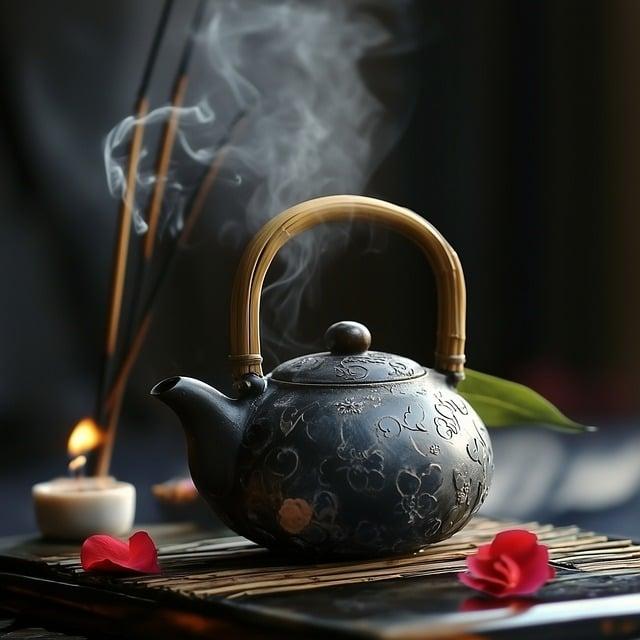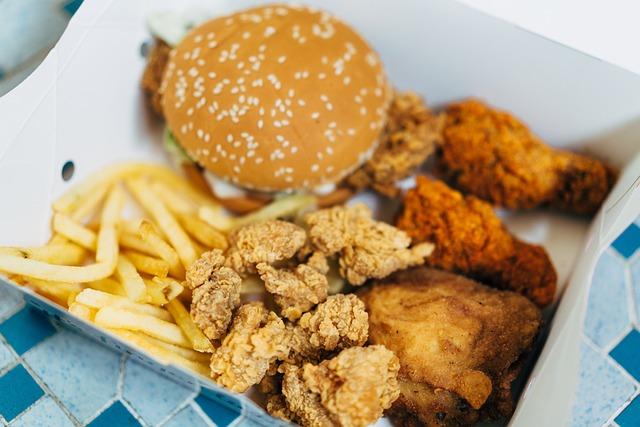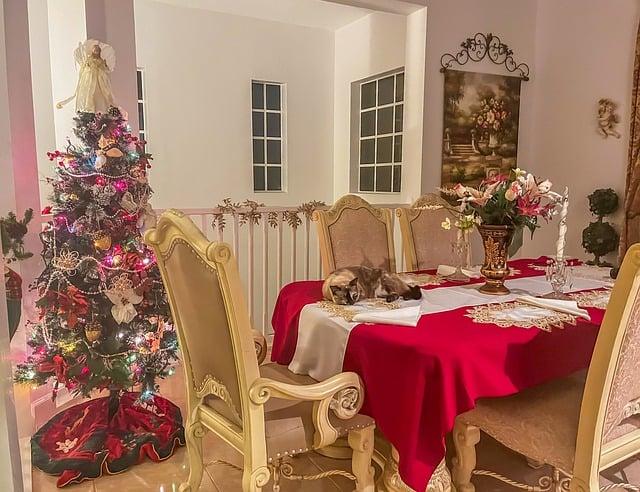In the heart of Tokyo, as December 25 approached, the city transformed into a dazzling wonderland of lights. Families strolled through parks adorned with twinkling decorations, but for many, it was just another day. In Japan, Christmas is celebrated more as a festive occasion than a public holiday. Couples exchanged gifts and enjoyed romantic dinners, while children eagerly awaited the arrival of KFC, a quirky tradition. Amid the holiday cheer, the true spirit of December 25 remained a blend of joy and cultural uniqueness, reflecting Japan’s vibrant tapestry of traditions.
Table of Contents
- Understanding the Cultural Significance of December 25 in Japan
- Exploring Christmas Celebrations and Traditions in Japanese Society
- The Role of Commercialization in Japans December Festivities
- Recommendations for Experiencing December 25 in Japan as a Visitor
- Q&A

Understanding the Cultural Significance of December 25 in Japan
In Japan, December 25 is not a national holiday, but it holds a unique cultural significance that reflects the country’s blend of traditional and modern influences. While Christmas is not a traditional Japanese festival, it has been embraced in various ways since the arrival of Western customs in the post-war era. The day is often celebrated with a festive spirit, characterized by vibrant decorations, illuminated streets, and a general atmosphere of joy. Many people partake in the custom of exchanging gifts, although this practice is more common among couples and friends rather than families, which sets it apart from the traditional Christmas celebrations seen in Western countries.
One of the most notable aspects of Christmas in Japan is the culinary tradition that has emerged around the holiday. **KFC** has become synonymous with Christmas dinner for many Japanese families, thanks to a successful marketing campaign in the 1970s that positioned fried chicken as a festive meal. Additionally, **Christmas cakes**, typically sponge cakes adorned with strawberries and whipped cream, have become a popular treat during this season. The blending of these customs illustrates how Japan has adapted and reinterpreted Christmas, creating a unique celebration that reflects both global influences and local tastes. As a result, December 25 serves as a day of joy and togetherness, even if it does not carry the same religious significance as it does in other parts of the world.

Exploring Christmas Celebrations and Traditions in Japanese Society
In Japan, December 25 is not recognized as a national holiday, and the day is often treated like any other. However, the influence of Western culture has introduced a unique blend of Christmas celebrations that differ significantly from traditional practices in Western countries. While many Japanese people do not celebrate Christmas as a religious holiday, the festive spirit is embraced through various customs that have evolved over time. **Illuminations** light up city streets, **Christmas markets** pop up in urban areas, and **seasonal decorations** adorn homes and shops, creating a vibrant atmosphere that captures the essence of the holiday season.
One of the most distinctive aspects of Christmas in Japan is the culinary tradition that has emerged around the holiday. Instead of the typical turkey dinner, many families indulge in **KFC** as a festive meal, a phenomenon that began in the 1970s and has since become a cultural staple. Additionally, **Christmas cakes**, often adorned with strawberries and whipped cream, are a popular treat, symbolizing celebration and joy. While the day may not hold the same significance as it does in other parts of the world, the unique blend of Western influences and local customs creates a festive atmosphere that many Japanese people enjoy, making December 25 a day of joy and togetherness, albeit without the official holiday status.

The Role of Commercialization in Japans December Festivities
In Japan, December is a month that beautifully intertwines tradition with modern commercialization, particularly around the festive season. While Christmas is not a national holiday, its influence is palpable, transforming urban landscapes into vibrant displays of lights and decorations. Shopping districts and malls become the epicenter of holiday cheer, featuring elaborate Christmas trees, illuminations, and themed merchandise. This commercialization has led to a unique interpretation of the holiday, where the focus shifts from religious significance to a celebration of joy, togetherness, and consumerism.
Local businesses capitalize on this festive spirit by offering a variety of seasonal products and experiences. Popular items include **Christmas cakes**, **decorative ornaments**, and **gift sets**, which are marketed as essential for celebrating the occasion. Restaurants and cafes often introduce limited-time menus featuring **festive treats** and **themed drinks**, enticing customers to partake in the holiday spirit. Additionally, the concept of “Kurisumasu ni wa keeki wo” (eating cake on Christmas) has become a cherished tradition, showcasing how commercialization has shaped cultural practices. This blend of Western influence and Japanese customs creates a distinctive holiday atmosphere that resonates with both locals and visitors alike.

Recommendations for Experiencing December 25 in Japan as a Visitor
Experiencing December 25 in Japan offers a unique blend of traditional and modern festivities. While Christmas is not a national holiday, the atmosphere is vibrant and filled with joy. Visitors can immerse themselves in the holiday spirit by exploring illuminated streets and festive decorations in major cities like Tokyo and Osaka. **Don’t miss out on:**
- Strolling through the dazzling light displays at places like Shibuya and Roppongi Hills.
- Sampling seasonal treats, such as Christmas cakes, which are a popular tradition in Japan.
- Visiting themed cafes and restaurants that offer special holiday menus and decorations.
For those looking to celebrate in a more traditional manner, consider attending a Christmas Eve service at one of the many churches in the country. This can provide a glimpse into how the holiday is observed by the Christian community in Japan. Additionally, engaging with locals can lead to delightful conversations about their unique interpretations of Christmas. **Key experiences to consider include:**
- Participating in a local Christmas market for handmade crafts and festive foods.
- Exploring the cultural significance of New Year celebrations, which follow closely after Christmas.
- Enjoying a romantic dinner at a restaurant, as Christmas is often seen as a time for couples to celebrate together.
Q&A
-
Is December 25 a public holiday in Japan?
No, December 25 is not a public holiday in Japan. The country does not officially recognize Christmas as a national holiday.
-
How do people in Japan celebrate Christmas?
While not a public holiday, many Japanese people celebrate Christmas in a unique way. Common practices include:
- Exchanging gifts
- Enjoying festive decorations
- Eating special Christmas cakes, often strawberry shortcake
- Spending time with friends and loved ones
-
Are there any special events on December 25 in Japan?
Yes, various events and illuminations take place around this time. Shopping centers and public spaces often feature elaborate light displays and Christmas-themed events, attracting both locals and tourists.
-
Is Christmas a religious holiday in Japan?
Christmas in Japan is primarily a secular celebration. While some Christians observe the holiday in a religious context, for most, it is more about festive cheer and commercial activities rather than religious significance.
while December 25 may not hold the same significance in Japan as it does in many Western countries, the spirit of celebration and togetherness transcends borders. Embrace the unique ways Japan honors this season, blending tradition with modernity.

大家好,我是彼得潘,專業的手法身體治療師。我喜歡探索和研究各種主題,並透過與人工智慧的合作分享專業、實用、有趣的文章。我們定期進行人工審核,以確保內容的準確性。如果您發現文章中有任何不準確的地方,請隨時與我們聯繫,我們會及時糾正。您可以透過 [email protected] 與我們聯繫。



